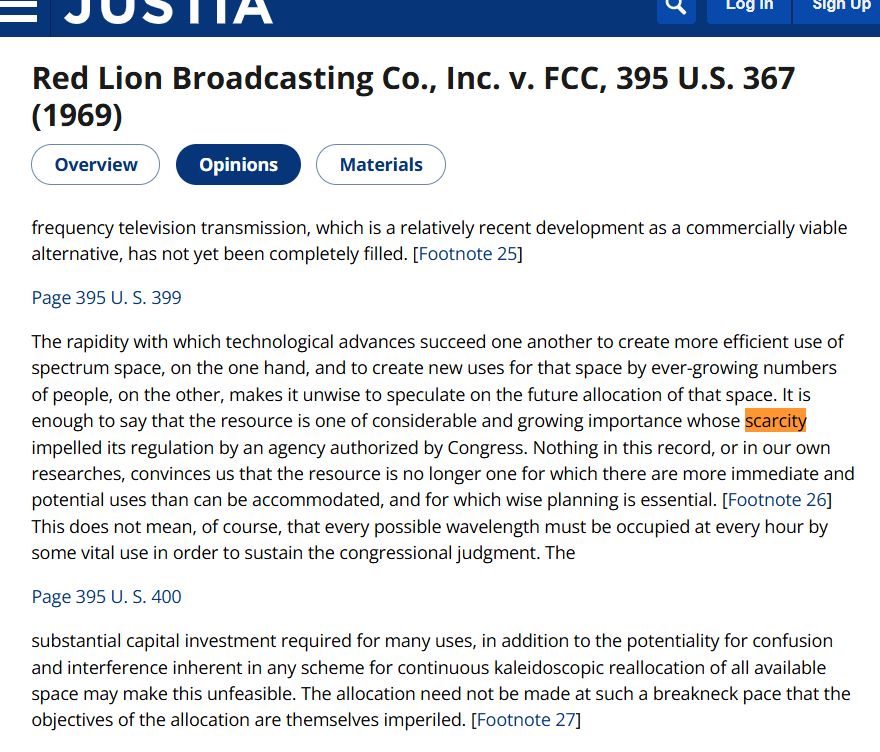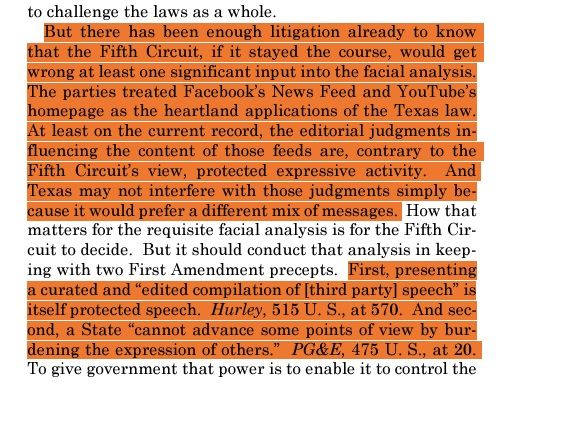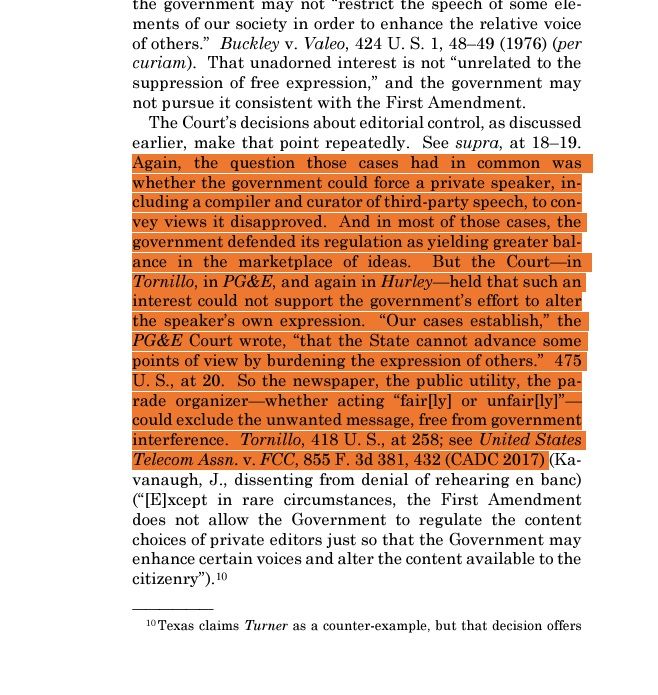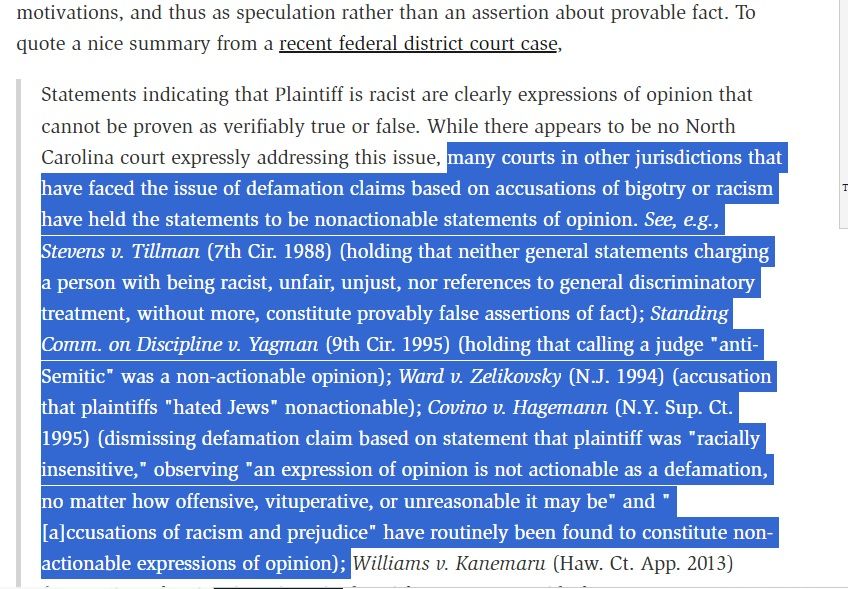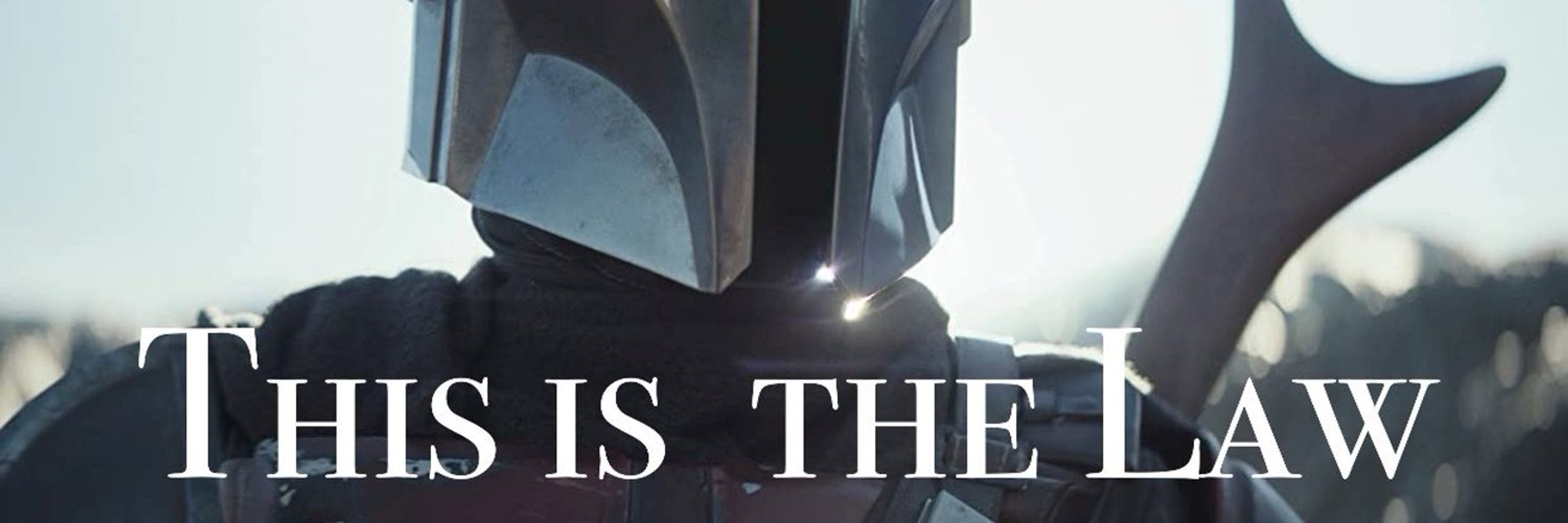
Brian Kemper
@bwkemper.bsky.social
330 followers
220 following
7.3K posts
Attorney, father, Peloton addict, writer, and Eternal Keeper of the Final Word
Check out my novel "Everything Can Change" available on Amazon.
Posts
Media
Videos
Starter Packs
Pinned
Brian Kemper
@bwkemper.bsky.social
· Sep 19
of the media.
But SCOTUS permitted it (as seen in Red Lion v. FCC), because without the gov't (through the FCC) regulating who could broadcast and who couldn't, the medium would be unusable. It has a scarce amount of usable frequencies. No other medium has such an inherent, technological limit.
But SCOTUS permitted it (as seen in Red Lion v. FCC), because without the gov't (through the FCC) regulating who could broadcast and who couldn't, the medium would be unusable. It has a scarce amount of usable frequencies. No other medium has such an inherent, technological limit.


